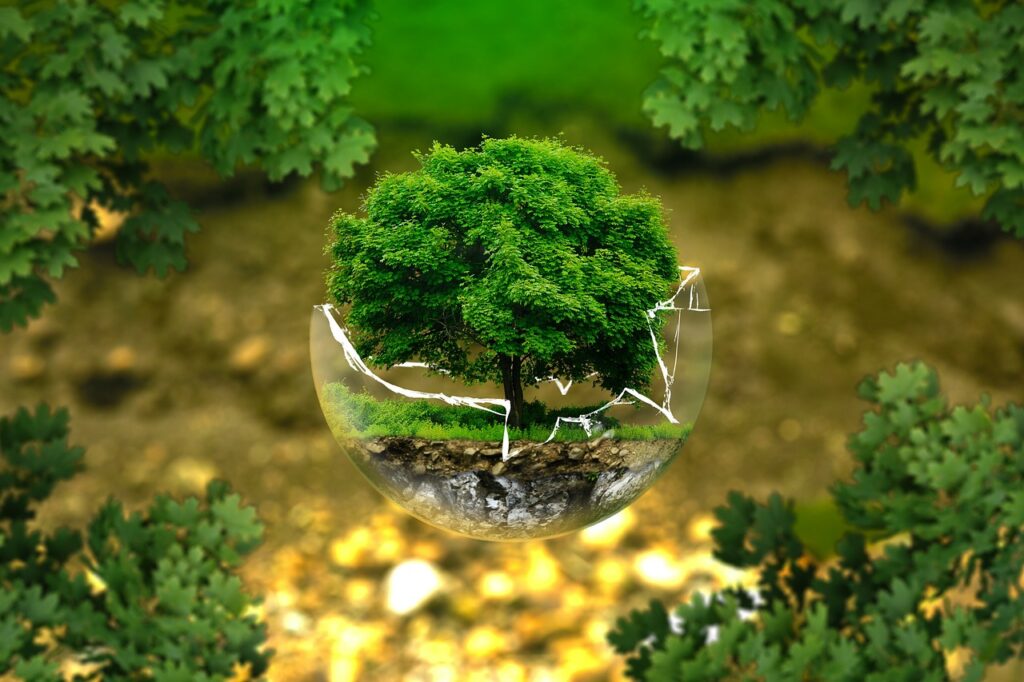Environmental science is an interdisciplinary academic field that integrates physical, biological and information sciences (including ecology, biology, physics, chemistry, plant science, zoology, mineralogy, oceanography, limnology, soil science, geology and physical geography. Environmental Science courses teach knowledge pertaining to Environmental Impact Assessment, Natural Resource Management, Environmental Management System, Environmental Auditing, Solid Waste Management, Environmental Policy and Management, Occupational Hygiene, Health Safety & Environment and Environmental Ethics.
BS Environmental sciences degree is focused on preparing for future job roles in industry. It transforms students to work as Environmentalist, HSE officer, Solid waste Management officer, Environmental Inspector and Environmental Management Representative in industrial sector.
Market Value:
Now the most important factor in the study of environmental sciences in Pakistan is its salary. For a Pakistani student, who is studying to get good grades will focus on income. So, we are telling you that a candidate after completing this degree can earn a handsome package. The average Environment Engineer salary in Pakistan is PKR 612,768 per year or PKR 51,064 per month. Entry level positions start at PKR 26,000 per month while most experienced workers make up to PKR 110,000 per month.
Admission Criteria:
12 years of education (Higher Secondary School Certificate/ Intermediate) F.Sc. (Pre-medical, Pre-engineering)/ ICS/ DAE/ A-Level or Equivalent with at least 45% marks. For admission you have to pass entry test with 45% marks.
Career Path:
First thing first!!!!
PATH 1 |
PATH 2 |
PATH 3 |
PATH 4 |
| Fsc (pre-medical , pre-engineering) | ICS | DAE | A-Level |
ENTRY TO BS ENVIRONMENTAL SCIENCES:
Eligibility |
Selection Criteria |
Scholarships |
| Intermediate securing at least 45% marks in aggregate | Academic Qualification: 55% Test/Interview: 45% | Need & Merit Based upto 100% |
B.S. ENVIRONMENTAL SCIENCES: Course Highlights
Course Level |
Duration of the Course |
Examination Type |
Credit hours |
| Undergraduate | 4 years (8 semesters) | Semester-Wise | 135 |
Driving institutions:
Institution |
City |
| Sindh Madressatul Islam University | Karachi |
| Bahria University ( Karachi Campus ) | Karachi |
| Federal Urdu University Of Arts Science & Technology, Karachi. | Karachi. |
| Mehran University Of Engineering & Technology | Jamshoro |
| University Of Sindh | Jamshoro |
Undergraduate:
After gaining some initial experience, you should be able to progress into more specialist paid employment. Environmental scientists work in applied fields and interdisciplinary settings analyzing the effects that humans have on our environment and the plants and animals that populate it. From agriculture to healthcare to industry, environmental scientists teach, research, and work in business to help humans understand our work.
Related job fields:
- Amenity horticulturist
- Commercial horticulturist
- Environmental consultant
- Environmental education officer
- Environmental engineer
- Environmental manager
- Horticultural consultant
- Horticultural therapist
- Marine biologist
- Nature conservation officer
- Recycling officer
- Sustainability consultant
- Waste management officer
- Water quality scientist
- Astronomer
- Environmental health practitioner
- Estates manager
- Geotechnical engineer
- Landscape architect
- Town planner
- Toxicologist
- Transport planner
Work description:
- Conduct research or perform investigation for the purpose of identifying and eliminating sources of pollutants or hazards that affect either the environment or the health of the population.
- Utilize knowledge of various scientific disciplines and take or suggest actions based on data derived from measurements or observations of air, food, soil, water, and other sources.
- Analyze data to determine validity, quality, and scientific significance, and to interpret relationship between human activities and environmental effects.
- Share their scientific and technical information with the public, organizations
- Provide scientific and technical guidance, support, coordination, and oversight to governmental agencies, environmental programs, industry, or the public.
- Process and review environmental permits, licenses, and related materials.
- Review and implement environmental technical standards, guidelines, policies, and formal regulations that meet all appropriate requirements.
- Investigate and report on accidents affecting the environment.
- Research sources of pollution to determine their effects on the environment and to develop theories or methods of pollution control
Pros
- Suitable for people who likes to solve problems mentally
- Suitable for people who values achievements and are results oriented
- This career is perfect for people who love to work indoors.
- Very good salary
Cons
- Not suitable for people who likes to start and carry out projects
- It is hard to get into this career.
- A considerable amount of work related skill, knowledge, or experience is required for this career.
CONTENT CURRICULUM POWERED BY UNIDESK

